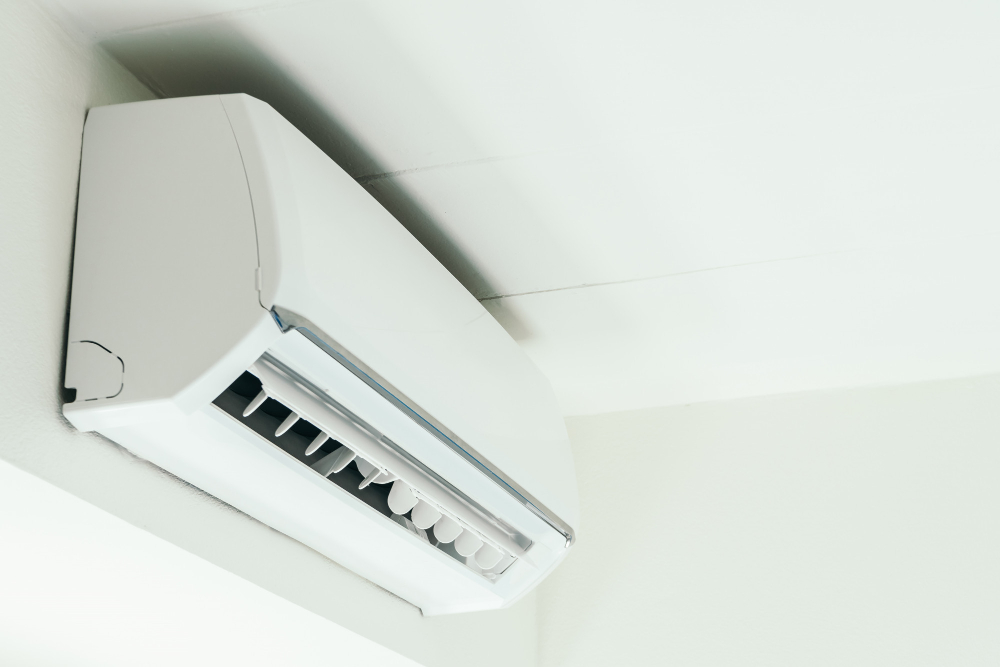Repair or Replace? Your AC Unit Dilemma Solved

Living in Central Florida, the staleness of an unreliable air conditioning system can be as oppressive as the midday humidity. When the heat is on, and the bills are piling up, homeowners are often left wondering if it's time to pull the plug on their old unit and invest in a new one. It's a significant decision, financially and environmentally. So, how can you tell when it's swap day for your HVAC superhero?
Gauge Your Gadget: Signs Your AC Needs Attention
First, let's delve into the indicators that your AC might be on its last legs, starting with its age.
The Age Factor
As with any piece of tech, AC systems have a finite lifespan. Typically, you can expect a well-maintained unit to last anywhere between 10 to 15 years. If your system is pushing past that marker, it's likely more cost-effective to replace it rather than continuously patching it up.
Your Frequent Fixes
Keep track of how often your AC is breaking down; if it's requiring more than one significant repair a year, that's a red flag. Frequent breakdowns are not only a drain on your wallet but also a sign that the unit's reliability is compromised.
Rising Bills, Falling Temperatures
Have you noticed a spike in your energy bills while experiencing less effective cooling? Inefficiency can signal wear and tear on the internal components, which are often more expensive to repair than the cost of a new unit's energy savings.
The Sound and The Fury
Is your once-silent conditioner now a cacophony of clanks, rattles, and hums? Unusual noises can indicate a variety of malfunctions, from loose parts to compressor issues, all of which could lead to system failure if not addressed promptly.
Quality of Air
If you've noticed a decrease in the air quality or an increase in dust, mold, or moisture in your home, it could be a sign that your unit's filtration and dehumidification systems are compromised.
The 7-Year Itch: Warranty Expiration
Many warranties last for about seven years. After this point, you could see a sharp increase in the number of repairs needed and the overall operation of your unit.
The Cool Math of Replacing Your AC
Replacing an air conditioning system is a substantial financial decision, but it's important to look at the bigger picture – not just the immediate cost.
The Immediate Investment
The upfront cost of a new AC unit can seem daunting, but take into account the potential future savings on energy bills and repair costs.
Eco-Friendly Efficiency
Newer models are significantly more energy-efficient than older units, often exceeding the minimal 13 SEER (Seasonal Energy Efficiency Ratio) standard. This means you'll not only save on power but also be kinder to the environment.
Comfort & Convenience
Increased comfort with the latest cooling technology and the convenience of reliable, worry-free air conditioning adds immeasurable value to your daily life. Plus, modern units often come with smart features that allow you to control your home's temperature from anywhere.
Rebates and Incentives
Many manufacturers and local governments offer incentives for upgrading to a more efficient system, which can help offset the upfront cost.
When Repair is the Right Route
There are circumstances where repairing your existing AC unit makes more sense than replacing it, at least for the time being.
Simple Fixes
Minor issues like a slightly damaged duct or a clogged filter can be solved with a straightforward repair.
Recent Installations
If your system is relatively new or has been part of your property within the last five to seven years, it might still have a few solid years of operation left with proper maintenance.
Budget Constraints
If replacing your AC unit would put a significant strain on your finances, a repair can serve as a stop-gap measure until you're financially ready to make the change.
Consulting the AC Experts
Ultimately, the best way to know if you should replace or repair your air conditioning unit is by consulting with a professional. A technician can provide an accurate assessment of your system's health and offer recommendations based on their expertise.
Professional Inspection: The Importance of Maintenance
Regular maintenance checks can uncover issues before they become major problems, potentially extending the life of your unit. Scheduling annual tune-ups with a professional is a small investment that can save you big over time.
Expert Opinion
When dealing with HVAC issues, the most reliable information will always come from a certified HVAC technician. They can weigh in on whether a unit is worth saving or if it's time to retire it.
DIY vs. Professional
While there are some tasks, like changing filters, you can handle on your own, most AC maintenance and repairs should be left to the professionals. Attempted solutions by untrained individuals often make matters worse and can be dangerous.
The Final Verdict: Repair or Replace?
In the end, the decision to repair or replace your AC unit requires a balanced approach, taking into account the age of your unit, the frequency of repairs, the cost of operation, and the benefits of a potential new system. By being proactive and paying attention to the warning signs, you can ensure that your home remains a cool oasis in the Florida heat.
For those considering replacement or repair of their AC systems, Discount Air Supply can provide guidance on the best course of action. As a leading supplier of AC units in Central Florida, they offer a wide range of high-quality systems and can offer advice on the most cost-effective solutions for your home. Don't let the heat get to you; make an informed decision about your AC and enjoy the comfort and savings that come with it. If you're looking for AC supplies in Central Florida, contact Discount Air Supply today for more information.